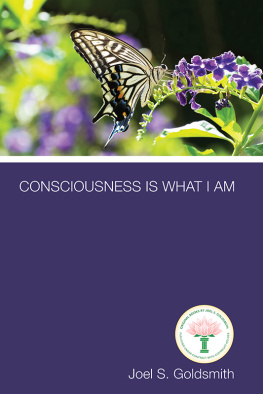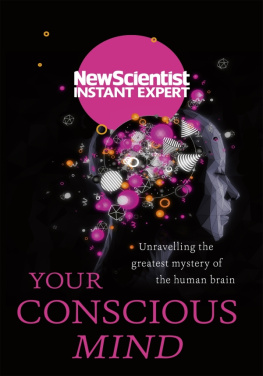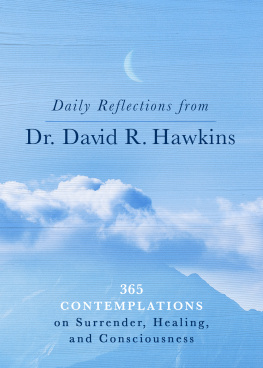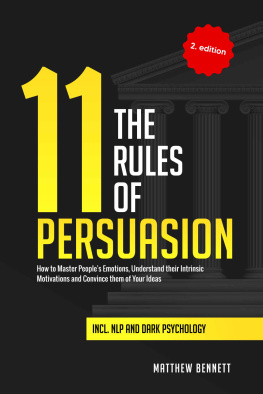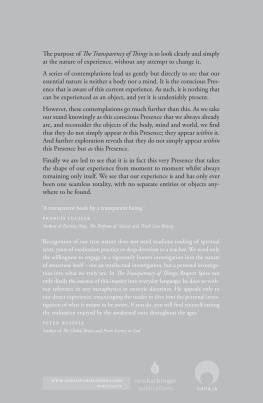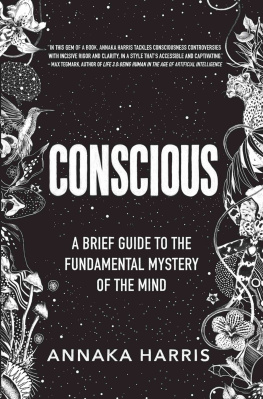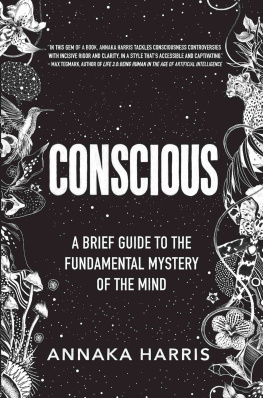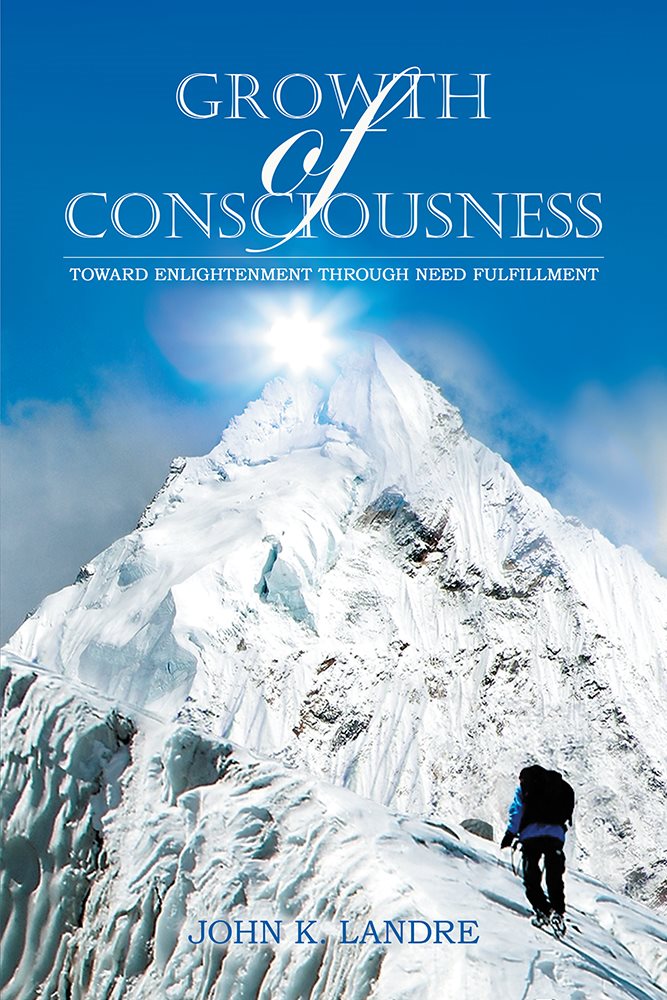GROWTH of
CONSCIOUSNESS
TOWARD ENLIGHTENMENT THROUGH NEED FULFILLMENT
JOHN K. LANDRE
Growth of Consciousness
Copyright 2021 by John K. Landre
All rights reserved. No part of this publication may be reproduced, distributed, or transmitted in any form or by any means, including photocopying, recording, or other electronic or mechanical methods, without the prior written permission of the author, except in the case of brief quotations embodied in critical reviews and certain other non-commercial uses permitted by copyright law.
ISBN
978-1-955205-15-3 (Paperback)
978-1-955205-14-6 (eBook)
Dedicated to the memory of Ramesh Balsekar
Acknowledgments
Thank you, Drizz, for bearing with me during all these years. And thank you, Stevi Rarick, for all that help in editing which I so thoroughly needed.
Contents
List of Tables
Preamble
It was the year four thousand and thirty when humanity finally succeeded in building a world computer connecting all people and all computers. In the opening ceremony for this computer the President of the World gave a speech, saying how proud he was of this accomplishment. He proceeded by breaking a bottle of champagne over the computers bow and then switched it on. Then he said: Dear computer, it is an honor and a privilege to ask you the first question, a question humanity has long wrestled with. Please tell us: Is there a God? And the computer answered: There is now!
Introduction
We can substantially increase our happiness by becoming aware of what motivates us. Learning the details of our motivations does not change our situation in life. Only fulfilling our needs does that. Yet learning the details of our motivation does increase our understanding of why we do what we do. And that results in peace of mind. It also makes us more efficient in getting what we want. Learning the details of our motivations is a two-step process toward an increase in happiness.
Our motivations are our way of getting what we want. During our lives, we are continuously attempting to fulfil our needs. And when our needs have been fulfilled, we become conscious of new needs.
Underlying everything we do is the desire to learn, to increase our consciousness. We do whatever we do to fulfill our present needs. The sum total of our present needs constitutes our current unhappiness and determines what we do. By becoming aware of our motivations and by understanding how we are trying to fulfill our needs, we abate unhappiness. Motivations are very different from person to person. And, of course, our needs change over time. Yet there are only a limited amount of human desires. There are four groups of needs that are the same for everyone. When the needs in a particular group get fulfilled, the new needs that appear may fall in the next group. This is natures way of growing our consciousness.
Most of our more important motivations tend to fall in one and the same group of needs. Our world view changes whenever we grow from one group of needs to the next. There are four different world views that correspond with these four groups of needs. I will call these world views the four levels of consciousness.
This book serves two purposes. First, it shows that higher levels of consciousness than your present one, do indeed exist. The book does that by describing what these levels are. The second purpose is to present a tool that you can use to learn what your current level of consciousness is and how your activities contribute to the fulfilling of your needs.
* * *
Lets identify our goal: Enlightenment is the highest form of consciousness available. All those who started a religion, reached it. There also have been, and are, many others who are enlightened, each with a more limited following.
Enlightenment cannot be brought on by an act of will. Any search for it is doomed to end in frustration. It is a form of grace.
This and similar realizations may happen when reaching old age. We will look at the insights that occur late in life in detail toward the end of the book. For now lets concentrate on what happens in the interim.
While awake we are aware of the fact that we are conscious. We are aware of the fact that we have thoughts. Thoughts often occur in recognizable patterns. Trains of thought I will refer to our personal consciousness, or consciousness for short. I will use the word mind for the collection of all our thoughts, previous and present, whereas the word awareness will connote the thought that is occurring right now. Well start by taking a look at personal consciousness.
The Five Stages of Personal Consciousness
In the broadest terms, during our lives our consciousness slowly grows through five distinct levels. Each level includes the earlier levels but is fundamentally more complex than the previous one. I will call these levels phases of consciousness.
The first of these five phases of consciousness is the instinctual phase. People in the instinctual phase focus on their safety. Gaining control over their environment is their main occupation. The relationship that is in the foreground of their attention is with inanimate objectswith things rather than with other people. People in the first phase of consciousness trust their instincts more than either their feelings, their rational observations, or their intuition, and in fact they identify with their instincts. They develop instrumental skills. Their politics is dictatorial: The dictator (the spouse, the countrys leader, the Pope) should tell me what to do.
People in the second, emotional phase trust their feelings more than either their instincts, their rational observations, or their intuition, and in fact identify with their feelings. They develop interpersonal skills and focus on fulfilling social needs: belonging to their community and doing their duty. Looking good in the eyes of equals is their main motivator. The most important relationship is no longer with material tools, as in the instinctual phase, but with equals. Their politics is progressive: The government should provide.
People in the third, rational phase trust their rational observations more than either their instincts, their feeling, or their intuition, and they identify with their mind. They develop self-esteem and spend their energy mainly on becoming acceptable in their own eyes. Focusing on defining their mission in life, their primary relationship is with themselves and they develop creative and system skills. Their politics is conservative: I provide.
People in the intuitive, fourth phase of consciousness are spiritual seekers. They search for wisdom and for enlightenment. They trust their intuition more than either their instincts, their feelings, or their rational observations, and in fact identify with their intuition. The relationship in the foreground of their attention is no longer with things, other people, or themselves but with something they believe to be larger than themselves. They develop contemplative skills. Their politics has disappeared: The world and I are as they are.
Exceptionally few fortunate individuals reach a fifth, non-dual phase of consciousness. Here all desires and all seeking vanish. Identification also disappears. Those that reach fifth phase consciousness live only in the here and now. It is known as enlightenment, and the thought that brings it on I will call The Final Insight.
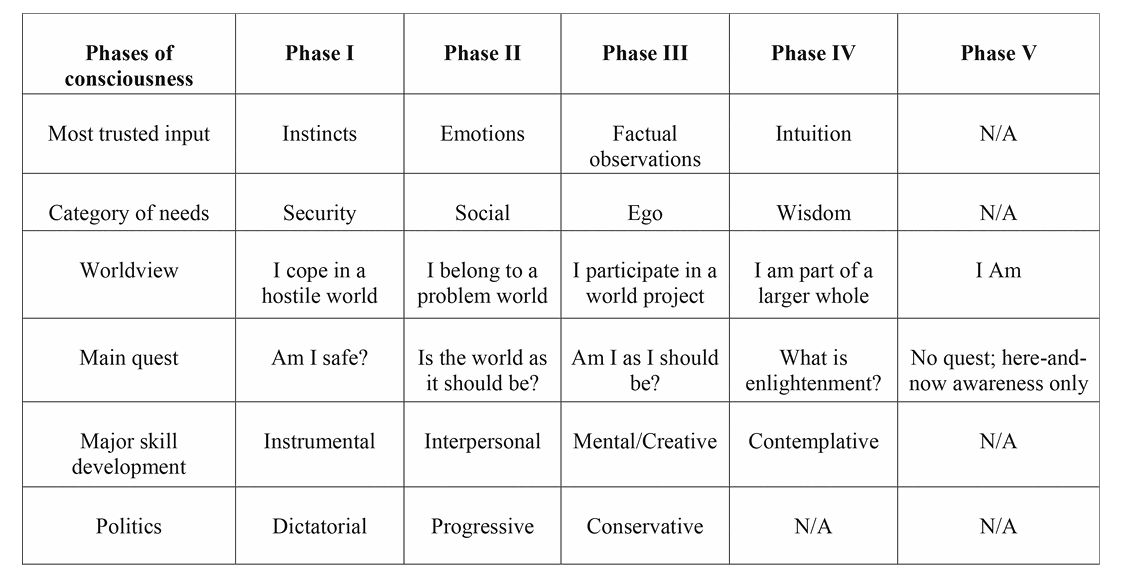
Table 1. The Five Phases of Consciousness
Prelude to the Quest for Enlightenment


